The spirit of defiance and freedom fuels Pahela Baishakh

As the nation now stands on the cusp of renewal, Pahela Baishakh 1432 arrives at a time when the people of Bangladesh are eager to reclaim their cultural voice—seeking a deeper connection to its identity, heritage, and hope. For centuries, it has been an occasion of collective celebration, resilience, and unity.
One of the country's most revered cultural institutions, Chhayanaut, will usher in Pahela Baishakh 1432 with its signature early morning celebration "Borsho Boron Onusthan" at the Ramna Batamul. The event will begin at 6:15am with Rabindranath Tagore's "Amar Mukti Aloy Aloy", beckoning the first light of the new year as it rises over Dhaka.

Now in its 58th year, the tradition continues with 150 vocalists and instrumentalists—prepared since January—to offer a deeply rooted presentation of music and poetry. The structure will remain true to its origins, opening with classical ragas and concluding with an address from Chhayanaut's president and the national anthem.
Despite political shifts, Chhayanaut holds firm in its mission. "The spirit of the programme—awakening the Bengali consciousness through music at dawn—remains unchanged," said Dr Sarwar Ali, vice president and a trustee of Chhayanaut. "It is through this atmosphere that our cultural identity is reaffirmed."

This year's lineup includes 12 solo songs, nine group performances, and three poetry recitations. The programme will end by 8:30am.
At the break of dawn on Pahela Baishakh, crowds will gather in Shahbagh, ready for the year's most symbolic procession—Borsho Boron Anondo Shobhajatra (formerly known as Mangal Shobhajatra). Following Chhayanaut's Borsho Boron at Ramna Batamul, the Faculty of Fine Arts at Dhaka University (Charukola) will lead the colourful march with the national anthem. First launched in the 1980s as a defiant cultural act against military rule, the procession has since grown into a nationwide emblem of unity, joy, and resistance—recognised by UNESCO as an intangible cultural heritage in 2016.

This year, Charukola promises the grandest, most inclusive Shobhajatra yet, themed "Nabobarsh-er Oikhyatan, Fascibaad-er Oboshan" (in harmony with the new year, towards the fall of fascism). Featuring six major installations and hundreds of handcrafted motifs—tigers, fish, masks, traditional tools, and a bold depiction of "the face of fascism"—the event will highlight Bangladesh's rich folk traditions and voices of resistance. With participation from 28 ethnic communities and symbolic solidarity with Palestine through a watermelon motif, the procession aims to send a message of peace, inclusivity, and defiance.

This year's Shobhajatra is set to resonate with powerful new voices, as over 200 musicians—including members of popular bands like Miles, Warfaze, Lalon, Vikings, AvoidRafa, and Dalchhut, alongside ethnic bands like F Minor (Garo), Laa Rong (Marma), Emang (Tripura), Unity (Khasi), and Invocation (Chakma)—will join to sing "From the river to sea, Palestine will be free" in a dedicated segment of solidarity. Musicians will carry the Palestinian flag and perform songs of resistance as part of the procession.
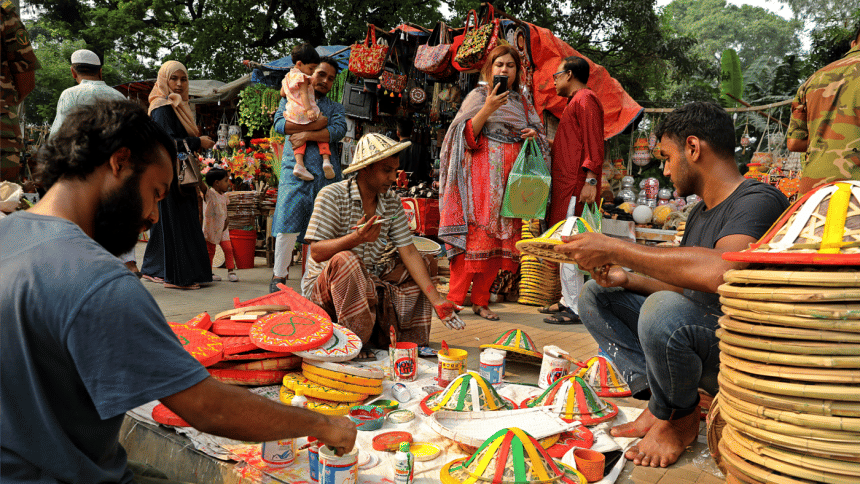
A drone show, themed "New Bangladesh in New Year" and sponsored by the Chinese Embassy, will illuminate the sky over Manik Mia Avenue as part of this year's Pahela Baishakh celebrations at 3pm. Meanwhile, Bangla Academy will host a vibrant Baishakhi fair, adding to the spirit of the national festivities.
Bangladesh Shilpakala Academy is arranging a cultural programme titled "Baishakhi Sangskritik Onusthan" from 4:30pm today at the National Theatre Hall where seasoned artistes will welcome the new year with songs, dances and poetry recitals.
In celebration of the Bengali New Year, various departments of the University of Dhaka and Rabindra Sarobar are hosting cultural programmes. Dhaka North City Corporation is organising a Baishakhi Fair at Shaheed Tajuddin Ahmed Smriti Park, featuring diverse stalls with traditional handicrafts, ethnic clothing, pitha-puli, and cultural performances of folk songs and Baishakhi music from 10am to 10pm for three days.

Popular theatre troupes Shwapnadal and Prangonemor will showcase their revered plays titled, "Chitrangada" and "Shesher Kobita" at 5pm and 7pm at BSA's Experimental Theatre Hall and Bangladesh Mohila Samity, respectively.
Yet, as Pahela Baishakh dawns with its usual splendour—bursting with colour, music, and collective energy—it arrives this year with a shadow of unease. The recent decision by Dhaka University authorities to rename the iconic "Mangal Shobhajatra" as "Borsho Boron Anondo Shobhajatra" has sparked widespread criticism. For many, the change feels like more than just a name—it is seen as a symbolic erosion of a cultural landmark born out of defiance during military rule in the 1980s. That unease deepened when the fascism-themed motif at Charukola was set ablaze by an arsonist, leaving behind a charred emblem of protest and a lingering question about the future of this beloved tradition.
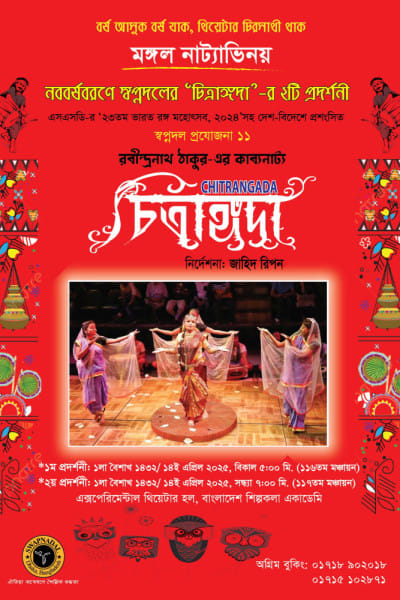
Still, the Bangalee spirit is not easily dimmed. We are a people who sing the same songs to express both celebration and dissent. As thousands gather beneath the Ramna Batamul and march through Shahbagh, the name on the banner matters less than the spirit in the steps. The procession—whatever it may be called—remains a powerful testament to cultural memory, resilience, and unity. It is a living, breathing archive of our collective struggle for expression, shaped through centuries of resistance.

 For all latest news, follow The Daily Star's Google News channel.
For all latest news, follow The Daily Star's Google News channel. 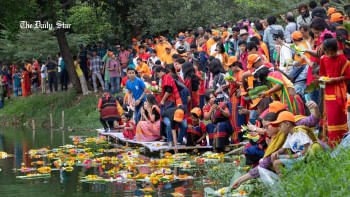


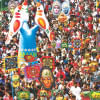
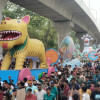
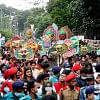
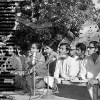
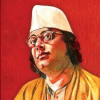


Comments